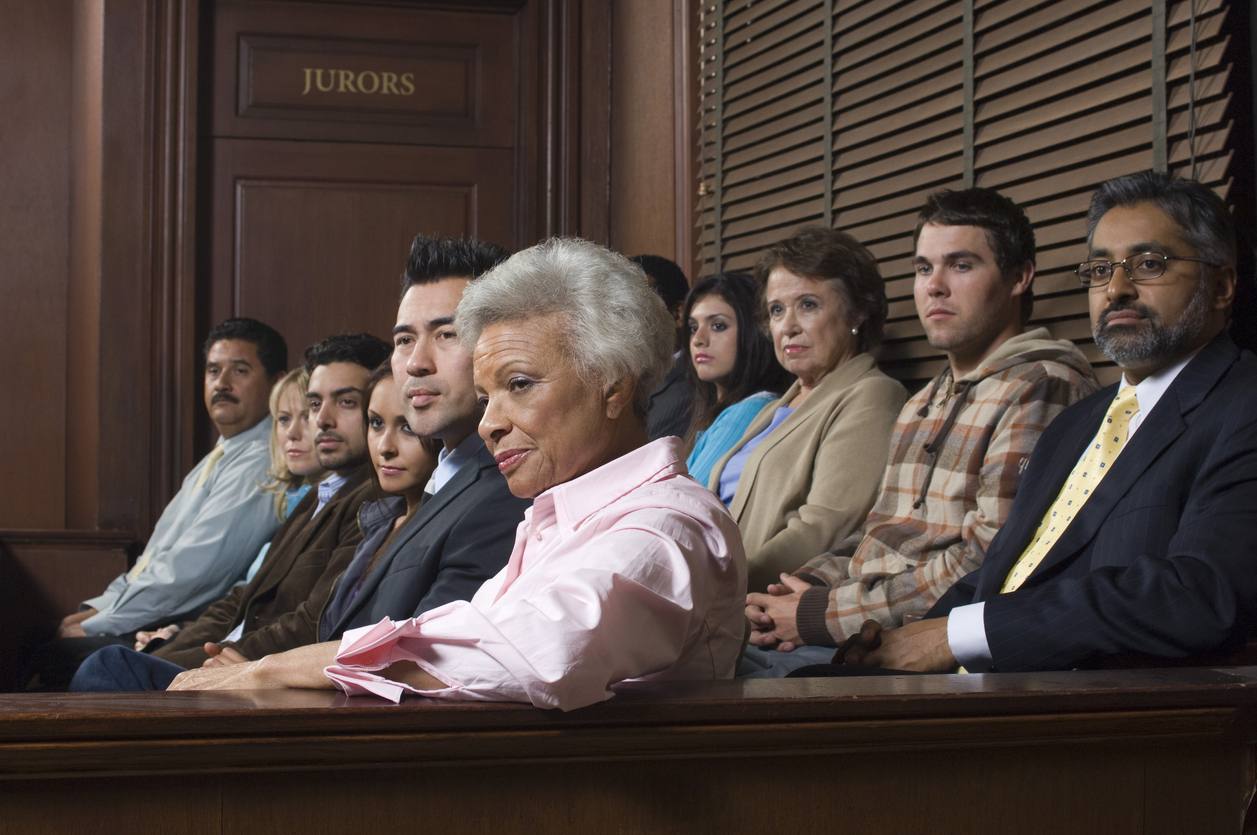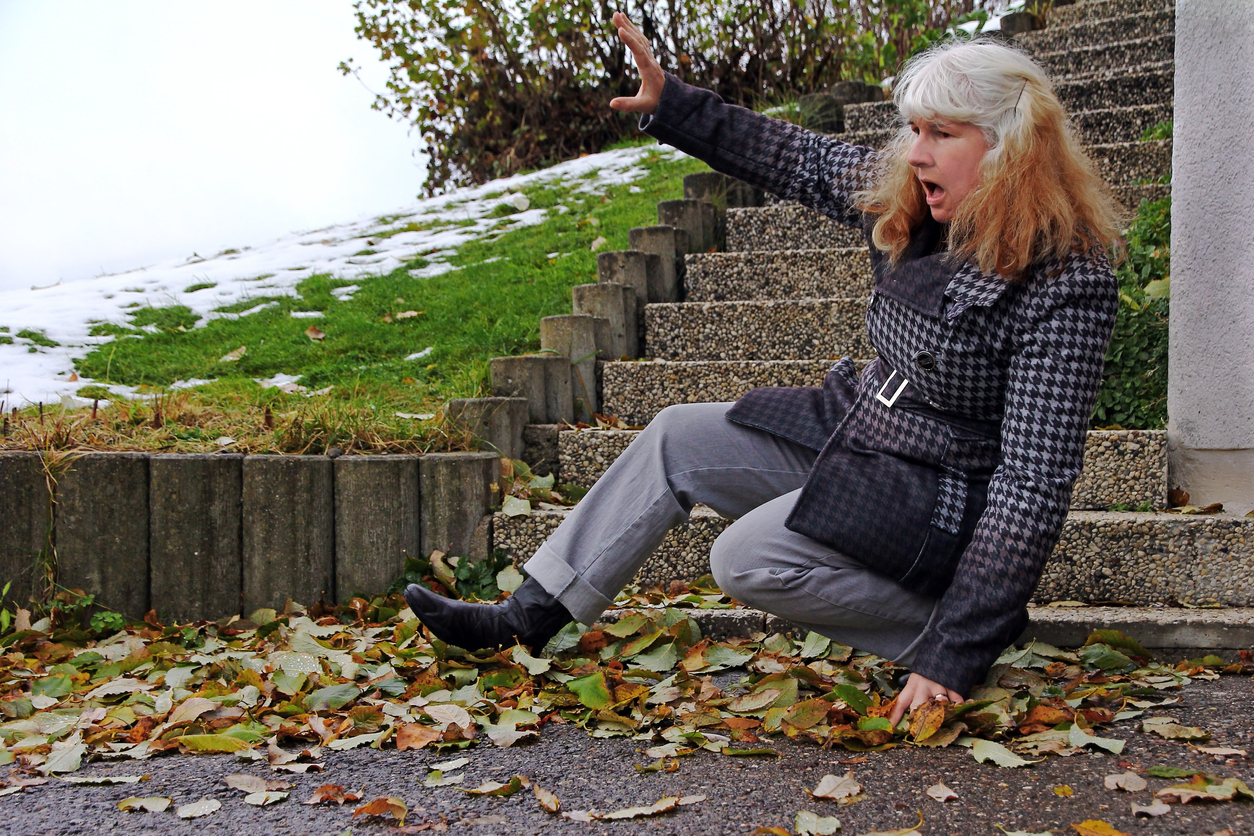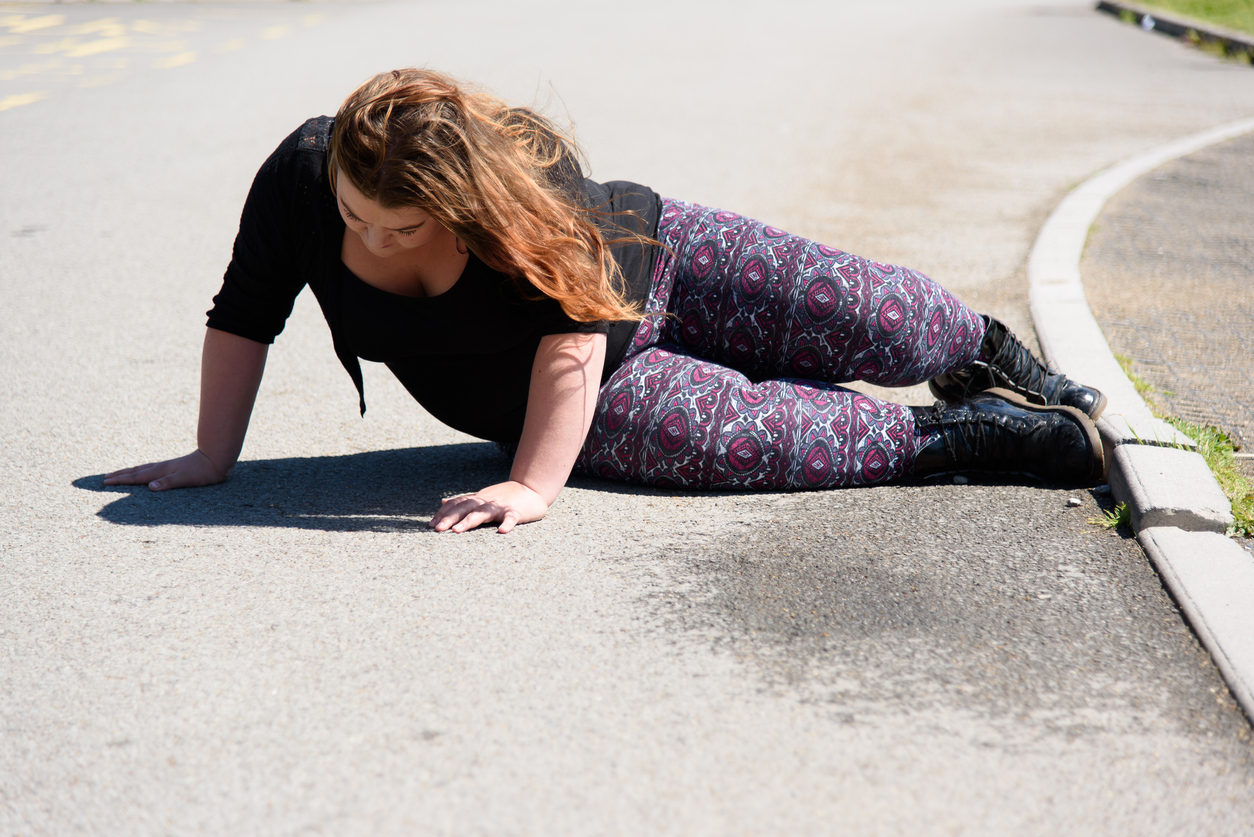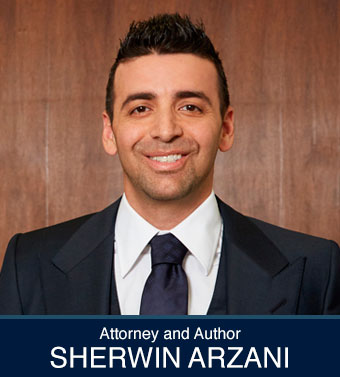Being involved in a personal injury lawsuit can be stressful. A case can take months or even years to resolve, particularly if the matter goes all the way to trial.
The good news is that only about 4-5% of personal injury lawsuits ever reach a verdict. The flipside to this is that 95-96% of these cases settle, meaning that the plaintiff accepts a sum of money in exchange for dropping the lawsuit.
How Settlements Happen
In basic terms, a personal injury settlement is an agreement between the defendant (or insurance adjuster) and the plaintiff. This agreement may occur before the lawsuit is filed or after the commencement of a trial. A settlement can happen at any point prior to a verdict being issued by the court.
If a settlement is reached, the plaintiff forfeits all potential claims against the defendant. This means that the plaintiff is barred from bringing any additional cases against the defendant for the particular injury.
Timeline for Trial
The trial process can be very slow. Court statistics in California indicate that cases can take between 12 and 24 months to complete. One of the reasons for this delay is due to what is known as the discovery phase of litigation. During this stage, both parties to the lawsuit participate in out of court interviews made under oath (known as depositions). These alone can take 6 months or more to complete.
Note that the attorneys for each party to a personal injury lawsuit will want to be thorough in preparing their case for trial. This requires an in-depth investigation of the accident and the witnesses involved. The lawyers will also try to locate all of the evidence in the case and will need time to get ready to present this evidence at trial.
Further, not all cases end when a verdict is issued by the court. The losing party generally has the right to appeal, which adds more time and uncertainty, as well as legal fees.
Risks of Going to Trial
Going to trial in a personal injury case is a lot like gambling. The plaintiff could walk away with nothing, which means that they would then be fully responsible for paying their medical bills, covering lost income, and footing the bill for any additional expenses incurred. It is important to note that plaintiffs lose 90% of personal injury cases that end up going to trial.
At the same time, there may be a huge risk in going to trial for the defendant as well. If the plaintiff wins, the defendant could be ordered to pay a lot more than the parties would have agreed to in settlement negotiations.
Keep in mind that while attorneys can give you an estimate as to what you might win at trial, these amounts are never guaranteed. With a settlement agreement, you can negotiate terms where both parties give up something in exchange for reducing the risks associated with going to court. In many cases, this can be viewed as a win-win for both sides.
Other Downsides of Going to Trial
While plaintiffs attorneys often take personal injury cases on contingency (meaning they front the costs and fees in exchange for a portion of the damage award), defendants typically pay their attorneys by the hour. This means that a defendant can avoid higher legal costs if they are willing to settle early. It is important to note that there are generally more costs to defending a lawsuit than just attorney fees. Typical additional costs include filing fees, expert witness fees, and other administrative fees.
Further, settling early can avoid potentially negative publicity about the incident. This is because settlement agreements are typically confidential, while court cases are in the public record and can be viewed by anyone.
If Settlement Attempts Fail
Sometimes even the best attempts at reaching an agreement in a personal injury lawsuit fail. This might be the case if the defendant refuses to admit any fault or one side will not budge on its position regarding damages.
In fact, the filing of a complaint in a lawsuit is often an indication to the defendant’s attorney that the plaintiff is serious about moving forward with the case. This act may encourage the parties to come together and be more willing to settle.
But, if settlement still cannot be reached, the case will go to trial. For this reason, it is important to have an attorney involved in the case to help propose and negotiation settlements at all pre-trial and trial stages of your case.





